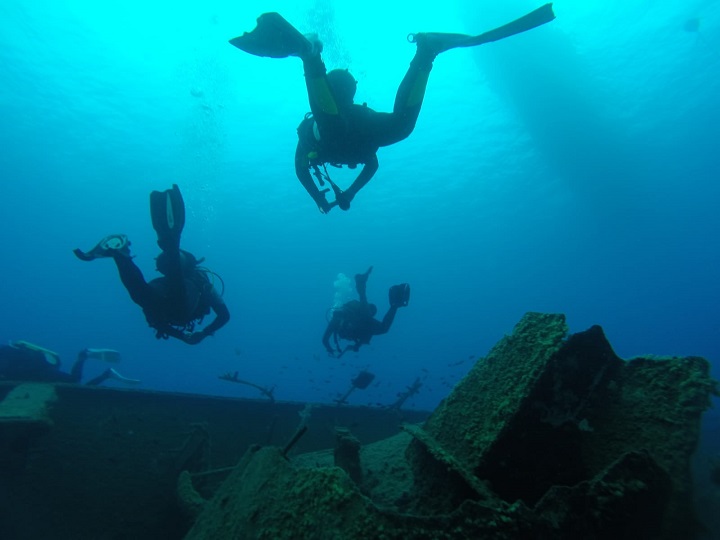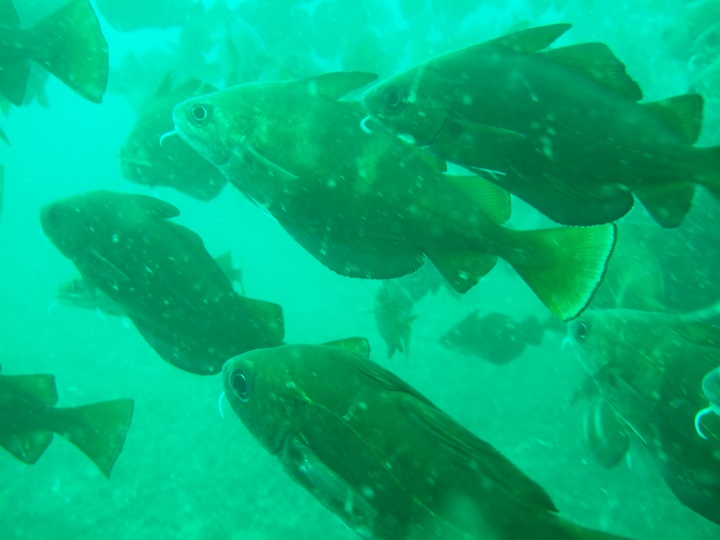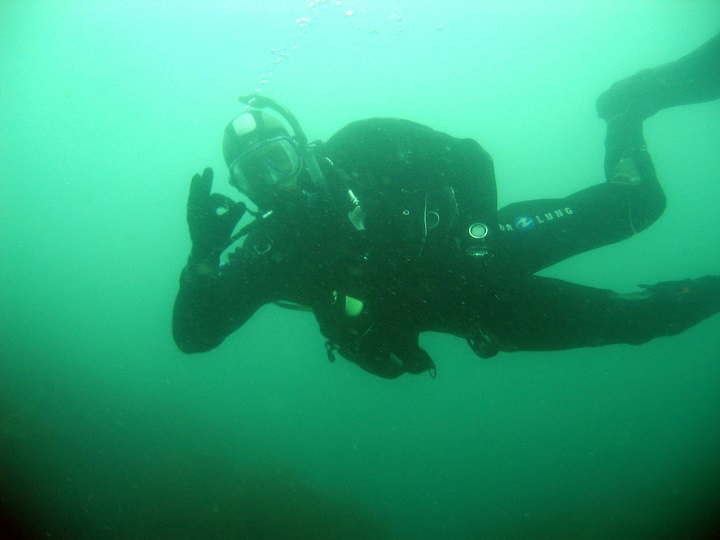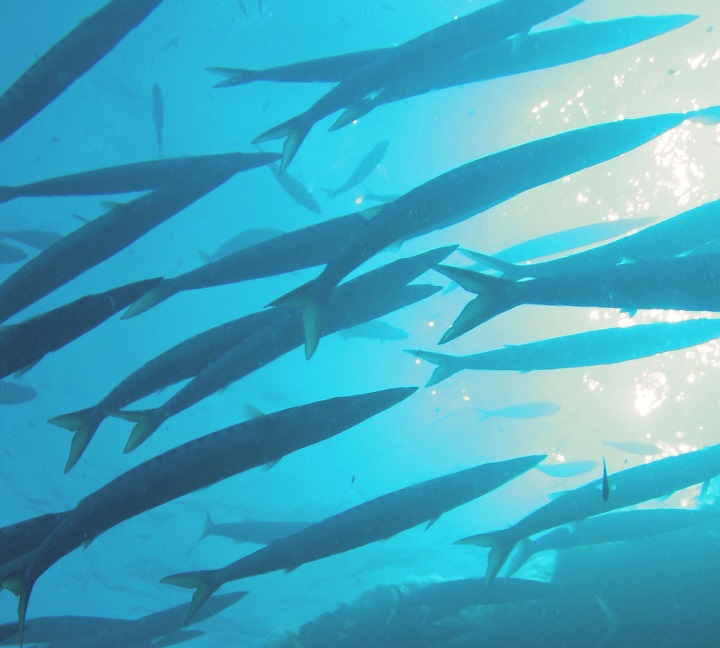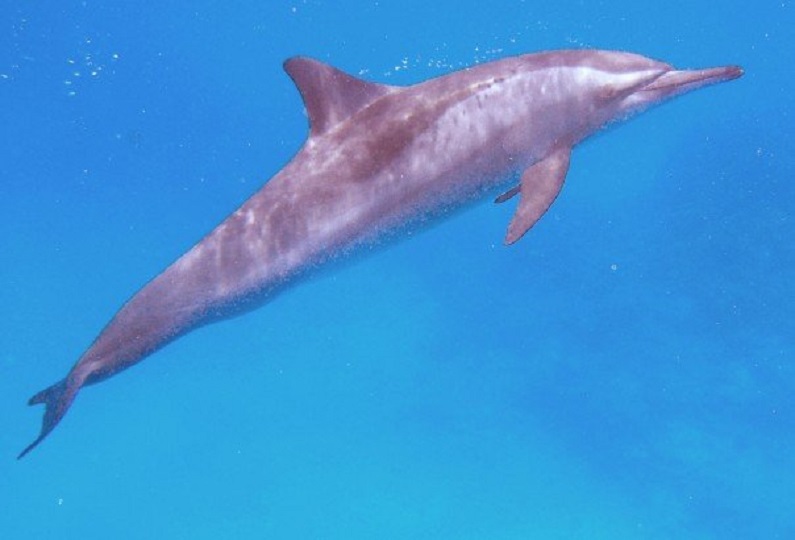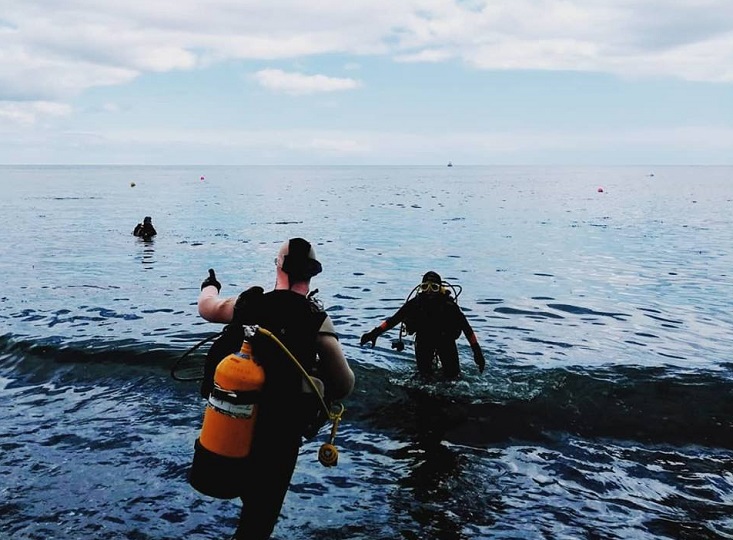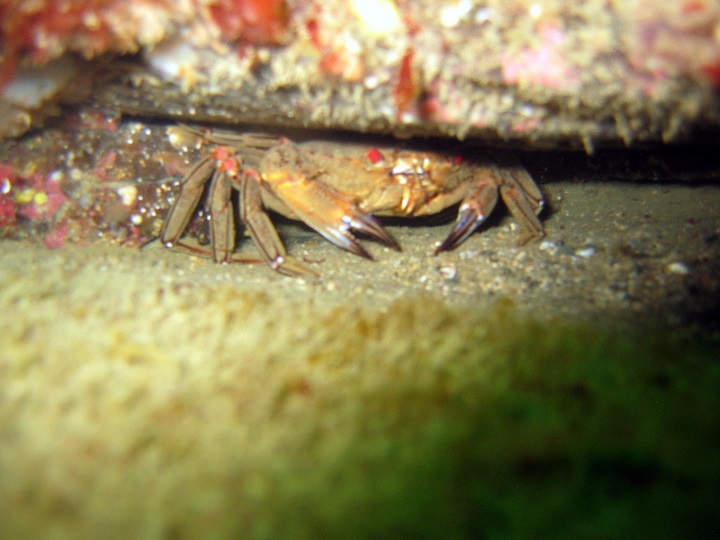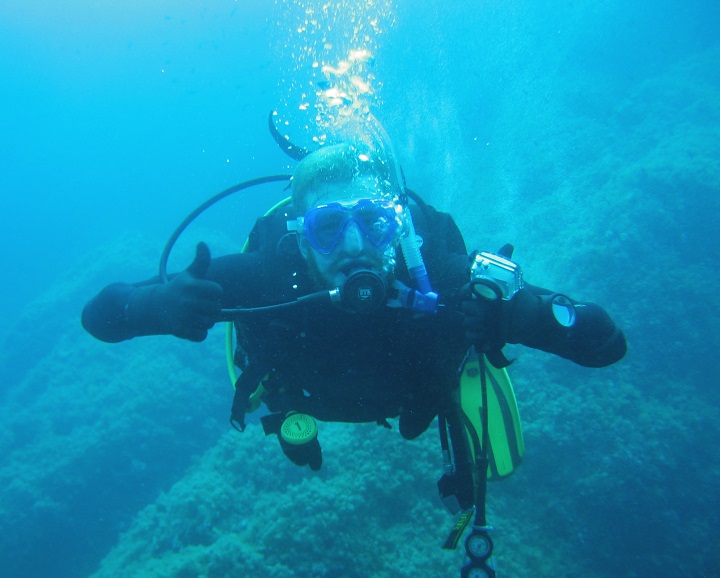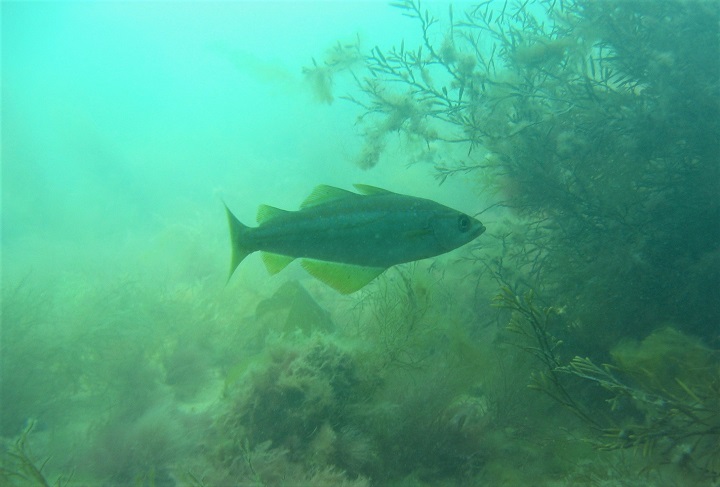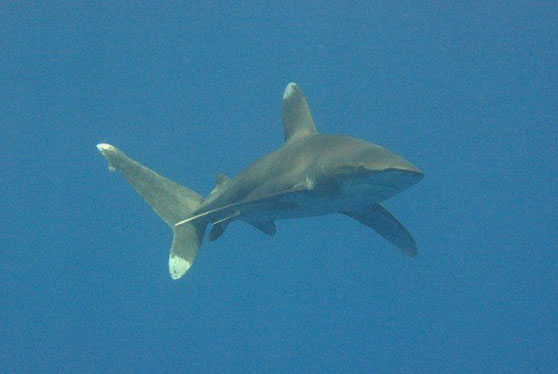This is a question many UK diver ask when deciding to learn to dive. There are other training organizations out there, but these are the two biggest when learning to dive in the UK. They are many differences between the two but the main difference is that BSAC is a British training agency most made up of volunteers whereas PADI is an international training agency (available in 186 countries) whose instructors are either full or part-time professionals.
But that is a very simplistic way of looking at it so to give you a better understanding so you can make the right choice based on your needs we will have to look into it in more detail and to start with we need to know a little bit more about each agency.
What is PADI?
P.A.D.I. stands for the Professional Association of Diving Instructors and was founded in 1966 with the aim of producing a modular system of diver education that would make scuba diving more accessible. PADI has over 6000 dive centres around the world, and you can walk into any centre, choose a course and off you go. PADI Instructors are paid for their work and can work on a self-employed basis or be employed by a dive centre or resort.
The PADI system is based on starting simple and building up the knowledge step by step while allowing you, the student diver, into the water as soon as possible so that you are able to learn by doing rather than being told how. This system has been built up over the years using the most up to date training theories and methods to allow student divers to get as much as possible out to the course while finding the learning fun and enjoyable so that the student diver retains as much information as possible.
Being the largest and most recognized scuba diving training agency in the world does have its benefits in that they are able to employ the best teaching theorist and educators to improve their system which is why the basic PADI open water course, the first course you can take to allow you to scuba dive, is always changing and being updated but, the flip side to this is that it is seen as a money-making business and looked down upon by the other smaller training agencies.
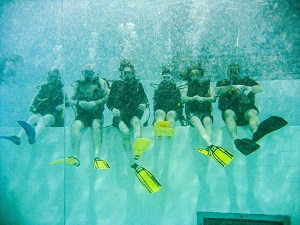
What is BSAC?
B.S.A.C. stands for the British Sub Aqua Club, and its name is a clear indicator that the organization's prime geographical focus is Britain. They claim to be the home of U.K. diving and were reported to have 27,000 members in 2016, this number has been in steady decline from its height of around 50.000 members in the mid-nineties which has lead BSAC to start changing and adopt a more aggressive marketing strategy and improve the training they provide through their clubs. I said through they clubs as another big difference between PADI and BSAC is that while PADI is based around dive centres and dive shops, the BSAC system is based around a club structure which is a little more informal.
The BSAC training systems started out based on the military diver training which makes sense as it was set up by ex-military divers but this systems has been improved over the years as although this training regime worked fine for military personnel, it wasn’t particularly suited to the standard person on the street who just wanted to see what was under the water. So BSAC dropped things like retrieving a brick from the bottom of the pool blindfolded and starting moving towards getting people in the water sooner (don’t say this out loud but more along the lines of how PADI was teaching) to open up the courses to more people and attract more club members.
This seems to have been working until a downturn in the UK diving market over the past 10 or so years but the BSAC club membership number has been holding steady at just below 30 thousand so they have been doing something right.
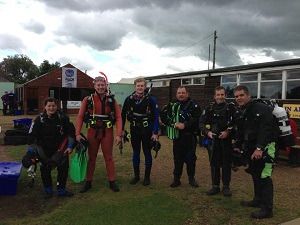
The differences in the training
As mentioned above, the basic idea’s between how the two different agencies have been training new divers have been getting closer together and both will teach you how to dive in a competent and safe manner so the real differences int eh training come in how the courses are run and set out. So with PADI, being run by professional divers for the most part, will have set courses you can join running throughout the year and will follow a set pattern as to how there are run and this should be the same course you will complete anywhere you go in the world, with the obvious exceptions of the changes in conditions. Learning to scuba dive in the Maldives is slightly different to learning to scuba dive here in the UK. Because PADI are professional they will also have to stick to Health and Safety Executive (HSE) guideline for diving at work so you will find that there is always at least one safety diver int eh water with the instructor and at least one person keeping a watch onshore to help should something happen. Although BSAC don’t have to do this most of the time they will follow the same guideline. Please note, if you come across an operation who doesn’t follow this, no matter which agency they are from, it is probably best to stay clear of them because if they are cutting corners here, where else will they be cutting corners?
BSAC training tends to be a little more ad-hock in that your course will be run when the instructor is available, as this is not his/her job and he/she will have a full-time job elsewhere to pay the bills I’m sure you can understand that they will have to prioritize that over teaching you to dive.
Because BSAC is mostly voluntary it does explain the other big difference between the two, the price. With a PADI course you will be paying for the staff to teach you to scuba dive as well as all that entails whereas with BSAC, a lot of instructors will be happy with a cup of tea and maybe a couple of biscuits at the end of a dive. So, with the PADI course you will also be paying for your instructor and the rest of the dive team on top of the general course fees that will be incurred. Taking this into to mind, the price difference when you add in your BSAC membership, which you have to buy to be able to go on the course, the price difference between the 2 different course is not that much.
Finally, the difference between what you learn in the course. It’s not that different although the BSAC course does teach you more in the beginner course then you will learn in the PADI course but that difference is made up in the next course. To weigh this off it will take you longer to actually go diving with the BSAC course. The reason PADI give for this is that you will learn a lot more by doing and gaining experience, so by teaching you the basic’s and making sure you are safe to go diving, you can get in the water sooner and then learn at your own pace, whereas BSAC, like to teach you more before you get in the open water which is why the BSAC course takes longer.
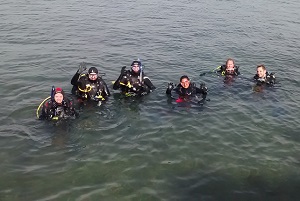
Other training agencies.
PADI and BSAC are the two biggest by far here in the UK but they are far from the only two, with smaller UK based organizations such as SSA through to larger international training agencies like SSI who are trying to take PADI’s crown as the largest so you will have a big choice when learning to scuba dive. But they will all teach you to scuba dive safely and all of the courses are similar and if you don’t like the agency you are with, you can always crossover to a different agency with normally just a little update on how they complete the skills.
My last bit of advice for when it comes to picking who to dive with is. Don’t base it solely on the price but get to know your instructors and the dive team and pick the people you get along with, cheapest is not always the best but neither is the most expensive, its how much you enjoy it that matters.
.png)



